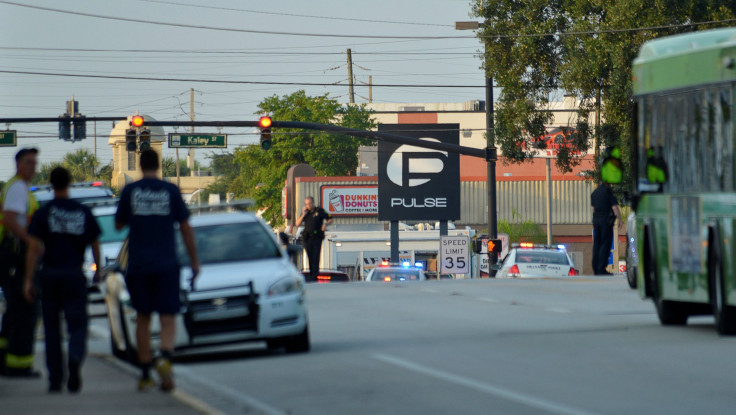More FBI Surveillance? After Orlando, Senate Republicans Want To Let The FBI Track Data Without Warrant

Three years after defense contractor Edward Snowden blew the whistle on the National Security Agency, illuminating the breadth of government surveillance programs in the United States and sparking widespread criticism, Senate Republicans are considering a bill that would expand the FBI’s spying capabilities once again.
The bill comes on the heels of a June 12 shooting in Orlando, when a gunman entered a gay night club, killed 49 people and injured many more. The shooter, Omar Mateen, legally purchased the weapons just days before and was investigated twice by the FBI before that agency determined there was no reason to continue surveillance.
The proposed spying bill would expand the type of phone and internet records that the FBI could ask major companies like Alphabet, which owns Google, and Verizon to cough up without a warrant. Republicans are not alone in wanting this bill: The administration of President Barack Obama, a Democrat, has pushed for it for years, according to Reuters.
This legislation “will allow the FBI to collect the dots so they can connect the dots, and that’s been the biggest problem that they’ve had in identifying these homegrown, radicalized terrorists,” Republican Sen. John Cornyn, the Senate majority whip, said.
Not all of Cornyn’s colleagues were as ecstatic. Sen. Ron Wyden, a Democrat from Oregon known for his privacy and civil liberties stances, said in a statement that the GOP was “pushing fake, knee-jerk solutions that will do nothing to prevent mass shootings or terrorist attacks.”
FBI Director James Comey has defended his agency’s handling of Mateen. Just a day after the shooting took place, Comey said that he did not think his agents should have done anything differently when investigating Mateen in 2013 and 2014.
© Copyright IBTimes 2024. All rights reserved.












